In these economic times, money seems tighter than ever. Debt is rising, and savings are shrinking. And as a result, many have found themselves buried under a pile of unpaid bills and IOUs. If you find yourself in this situation, or even if you are financially healthy and interested in increasing your wealth, here are twenty-five practical ideas for you:
Beware of impulse buying. If you see something you “must have,” decide to go back for it later. Maybe by then, the need will disappear.
Use coupons. Clip them from the newspaper, search online, or write to the manufacturers of products you use frequently.
Buy generic. Okay, if you must have Heinz, buy Heinz. But as a rule, buy generic. Typically, generic products are just as good as the name brands and can be much cheaper.
If you’re handy at do-it-yourself projects, go for it. You may still need to purchase supplies, but you can save on the labor. But if you’re not so handy, don’t risk it—it could end up costing you more!
In cold weather, adjust your thermostat down one or two degrees. Use a blanket instead—it’s already paid for, and you can save the cost of heating. Set the air conditioner to come on one or two degrees higher in warmer weather.
Reduce the frequency of some expenses. For example, go an extra week between haircuts. You’ll still spend the same amount, but less often.
Exercise the “water option” in restaurants. The markup on other beverages is remarkable.
Wait for sales. Everything eventually goes on sale, and you can save a bundle.
Stop financing purchases! Even at 0% interest, the penalties can be severe for just one late payment. And you may be paying for the item long after it’s gone.
Eat out less often. Why spend hundreds of dollars every week eating out when you can eat at home for a fraction of the cost?
Drop a package from your cable or satellite TV. By eliminating some of the options, you can reduce your monthly bill. You may even consider disconnecting it altogether.
Pay with cash. It will make you think twice before spending it. Psychologically, there’s something powerful about having the cash go through your hands.
Take vacations in the off-season, and only when you can pay for them without going into debt. Try some low-cost options, like camping, hiking, or visiting family. Stay at home and visit locations within driving distance.
Stop buying lottery tickets. People don’t win nearly as much as they lose.
Take advantage of all legal deductions. Pay what you’re required to pay, but don’t pay more. Claim any valid deductions, such as childcare expenses, professional fees, business losses, charitable giving, tuition fees, or medical expenses.
Call your creditor and ask for a lower interest rate. You can also look around at other options. If you can get a lower rate, you can pay off your debt faster and at a reduced cost.
Keep your receipts, even if you simply store them in a shoebox. You never know when you might need to return or exchange an item.
Buy in bulk, as long as you are going to use it. The cost per item can go down dramatically. However, when buying perishable items, only buy what you can use. If you end up throwing it away, you’ll just be wasting your money.
Take advantage of cash-back offers and point redemption programs. As long as you are going to make the purchase anyway, you may as well reap this benefit.
Find a no-fee savings account. Those fees can add up, and you don’t want to pay them unnecessarily.
Focus on paying off your smallest debt first while paying the minimum on the rest. Logic would focus on the higher interest. But money management is not logical; it is emotional. And you need to experience some “wins” as encouragement. When you have paid off the first debt, add that payment amount to what you were already paying on the next highest. Continue this until every debt is paid and you have eliminated all your interest charges.
Use the library. It’s free, and you can even get music and movies there now. Oh, and while you are there, check out some of the books on personal finance.
By exercising self-discipline and making wise decisions, you can reduce your expenses, get out of debt, and begin planning for the future.
The blog post above was shared from BALANCE. For more information and similar resources, click here .





